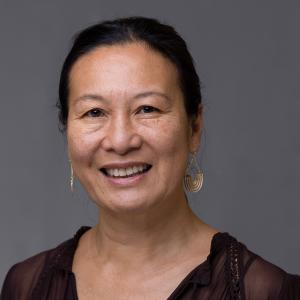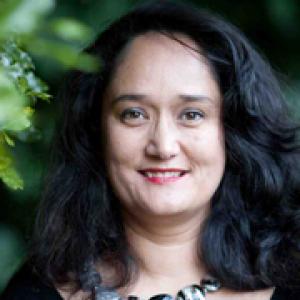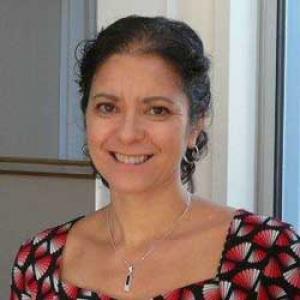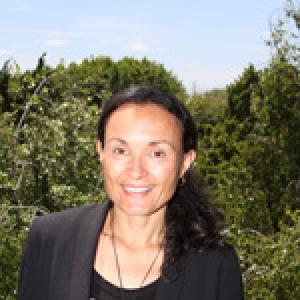-
Internship project
Project commenced:The human capital theory holds that education is a form of investment in that the individuals who are consumers of education acquire skills and knowledge that can be converted into work and income in the post-school years. but it is not a level playing field, many would argue. Some of the so-called 'toughest kids' come from very difficult home situations. Inconsistent housing, absentee parent(s), lack of resources, and violence are only a few examples of what some of these students have to face every day. Kids that are neglected at home can act out in school to receive attention, good or bad. They want someone to notice them and take an interest in their lives.
-
Internship project
Project commenced:In 2012, a wave of youth suicides in Northland featured far too many of Ngātiwai descent. 19 people under 25 years took their own lives, a huge increase from 5 the year before (Penney & Dobbs, 2014). Suicide rates for Māori youth in Te Tai Tokerau, including the Ngātiwai rohe, is therefore a major public health issue. In recognition of this, the Ngātiwai Trust Board has identified an urgent need for localised, iwi/hapk -based activities/interventions that deepen our understanding of the complex social and cultural factors which have led to the high rate of self destructive and suicidal behaviors among the youth of Ngātiwai.
-
Kia Ārohi Kia Mārama - Scoping Excellence
Project commenced:What is the pedagogy of pūrākau, and how does it operate as an Indigenous story work approach to advance kaupapa Māori research and innovative contributions to broader research and pedagogical processes within Aotearoa?
Given this is a scoping proposal, the following questions are pertinent to the investigation of the above research question:
What is the theory, methodology, and pedagogy of pūrākau? How was it used in traditional Māori society, and how is it utilised today?
How do pūrākau connect to the pedagogy of Indigenous story work and storytelling (including non-Indigenous) approaches?
-
Kia Ārohi Kia Mārama - Scoping Excellence
Project commenced:We have identified a set of questions relating to indigenous data governance, ownership and access, along with potential solutions for benefit sharing and value generation.
What are the key challenges to realising indigenous data sovereignty and how might they be addressed?
What are the key mechanisms needed to realise indigenous data sovereignty at global, national and local scales?
What is the transformative potential of indigenous data sovereignty for Māori?
What can we learn from ‘best practice’ examples of indigenous data sovereignty that already exist?
-
Kia Ārohi Kia Mārama - Scoping Excellence
Project commenced:What are the threshold concepts for undergraduate study in the field of Māori studies?
How can the identification of Māori studies’ threshold concepts be used to support teaching and student achievement in Māori studies programmes?
According to Māori oral tradition, Te Ihonga was a demi-god who could tie intricate knots. The resulting entanglements became known as ‘te ruru a Te Ihonga’ (the ties of Te Ihonga) (Mead and Grove 2001:206). They were regarded as so complicated and secure that only people who knew Te Ihonga’s secret were thought to be able to untie them.




